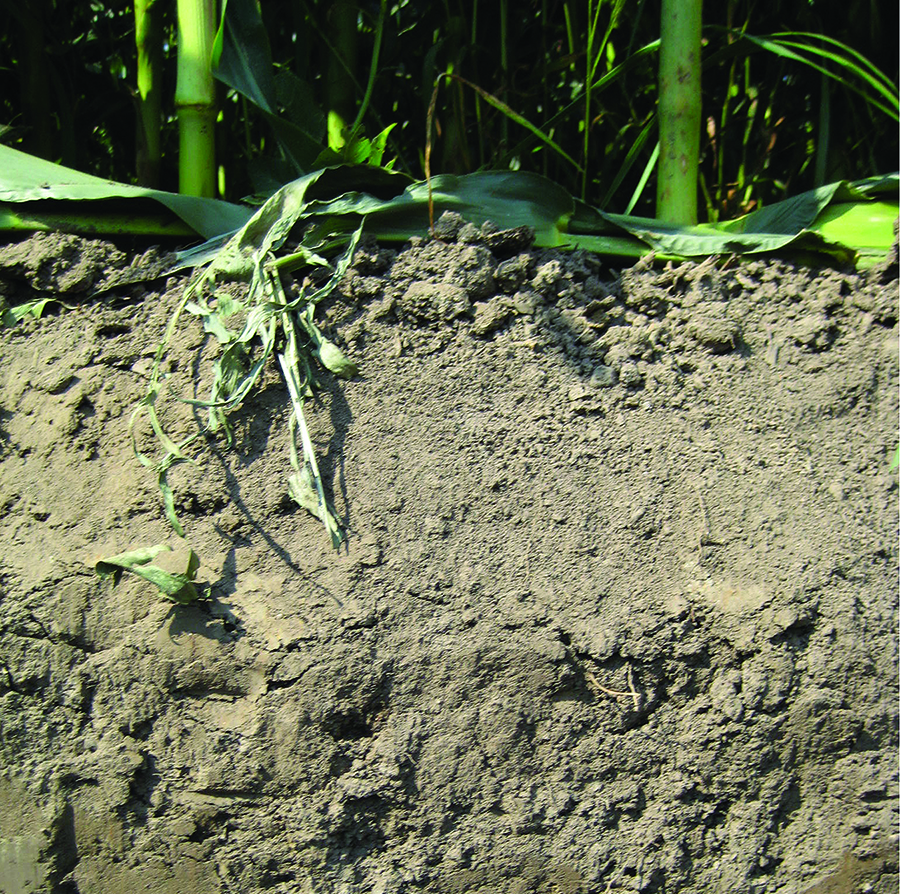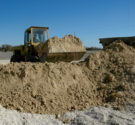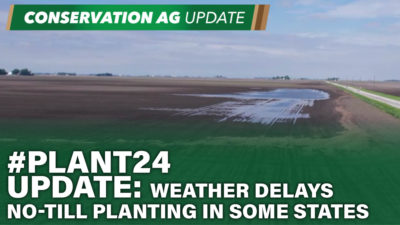Advertise Follow Us
Soil Health
Take The Pressure Off Your No-Till Soils
Ag engineer Randy Raper offers some helpful hints for no-tillers wanting to tread more lightly for compaction prevention and management.
Read More
Soil Amendments May Be Missing Piece Of The Production Puzzle
Soil amendments work in harmony with other inputs to increase water infiltration, correct compaction and maximize crop production.
Read More
Better Soils, Fertility Management Give Indiana No-Tiller Better Results
Gypsum, drainage and a wiser approach to fertility have improved soil biology and corn and soybean yields for Jack Maloney.
Read More
Iowa Farmer Proves To Himself That No-Till Works
While no-till was a no-brainer on highly erodible land, Nate Ronsiek proved through field trials that it would yield on challenging bottomland soils.
Read More
Montana No-Tiller Found Getting ‘Lazy’ Worked
Arnold Gettel first tried no-till in 1969 and has seen soil structure and dryland yields improve as a result.
Read More
No-Till Or Not — Compacted Soils Compact Profitability
These simple tips can help no-tillers identify, prevent and remedy soil compaction before it makes a dent in their yields.
Read More










